“The tomatoes we produce in Spain stand out from the rest. Choosing the right variety and adapted handling make it possible to obtain an optimal quality. However, we must not ignore the need to invest in new varieties in order to open channels,” says David Baños, marketing director of CASI.
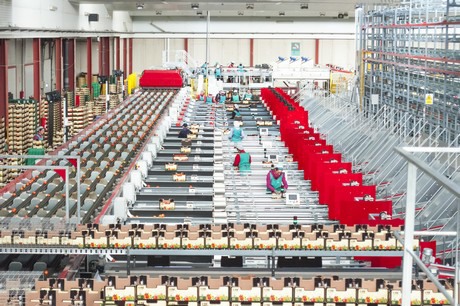
44 765 m² handling center, CASI Aeropuerto
New varieties to open markets
"Northern Europe demands Spanish products, especially organic ones. This trend is spreading to all European markets. At CASI, we are constantly working in the development of the organic line while also keeping partners in biodynamic agriculture," says Roque Oller, technical director of CASI.
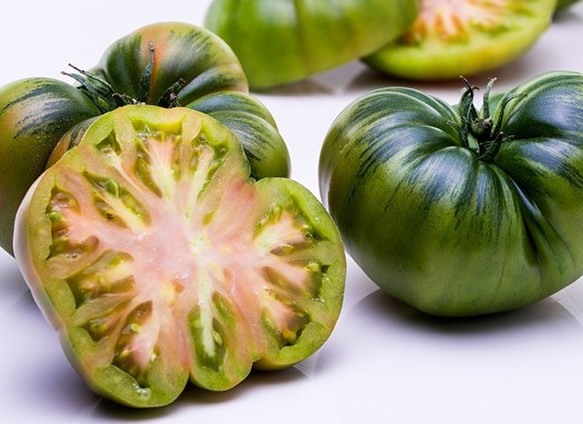
Raf tomato from CASI
Innovation with exclusive varieties, such as the Bertink® or Tinkwino®, is one of CASI's bets. “Consumers demand innovative, sustainable and healthy products,” says David Baños, adding that “flavor is one of the keys for the future of Spanish tomatoes, as evidenced by the success of traditional Raf tomatoes, or of new varieties, such as Rebelión®, of Vilmorin, or Adora®, of HM.Clause.”
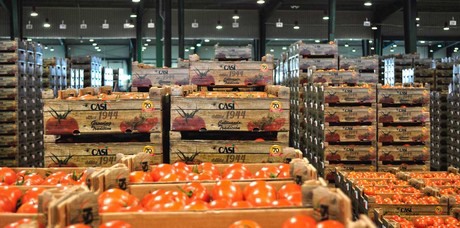
Consumers and retailers demand zero waste
The maximum residue limits, or MRLs, and phytosanitary regulations are not an exclusive matter of food safety. David Baños says that large supermarket chains currently sell products that meet demanding quality standards. “Offering such products helps them improve their reputation in the sector. Large distributors do not merely enforce the legal regulations, but actually raise the quality standards, requiring a maximum number of active materials from its partners so that their products will be considered qualitatively optimal."
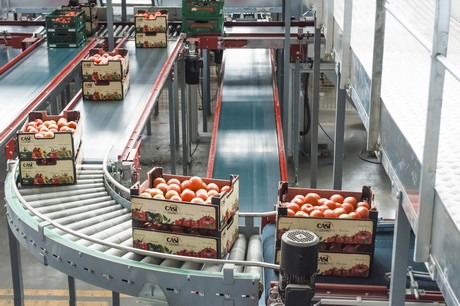
“Another pressing problem is pests, such as the red spider, Vasates, the white fly and, in the particular case of tomatoes, the Tuta absoluta. Some growers have chosen to cultivate other crops; however, at CASI, the focus is on enhancing integrated protection in tomatoes through protocols for pest control. “In that way, our cooperative maintains the production area while introducing other products: courgettes, aubergines, peppers, watermelons, melons..."
According to Roque Oller: “After long years of experience, we've found the best solution to fight pests is a multidisciplinary approach, with an emphasis on specific natural enemies. Our experience shows that chemical products act only in the very short term.”
CASI has tripled the use of biological control, with more than 1,200 hectares of integrated production, and aims to reach 100%.
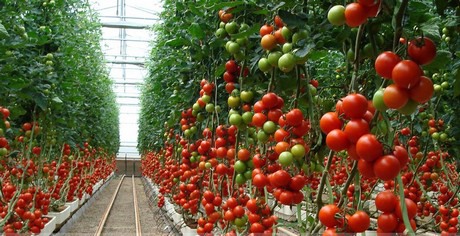
“Integrated control is now possible and cost effective”
“Pest control must be interdisciplinary and start from scratch, with the crop newly planted, in order to be effective. For CASI, an important option is to combine it with other tools: pheromones, greenhouse closures, hedges, zero waste products and chemical products, etc.,” says Roque Oller.
CASI has bet heavily on the manual release of Nesibug® in the nursery with the collaboration of Koppert Biological Systems professionals, says Roque Oller. “The Tuta absoluta attacks aggressively in the spring. Therefore, introducing natural enemies is an effective and affordable tool. In this way, we achieve high efficiency in pest control, minimizing the problem of waste and reducing the number of treatments. Zero waste is also a key factor to consider when offering the product to retailers.”
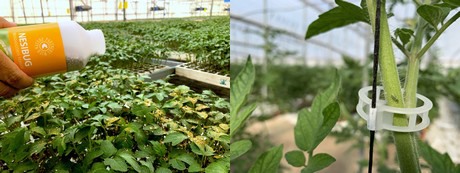
Biological control of pests to tackle the Tuta absoluta
The costs of labor and pest management are elements that negatively affect tomato prices and their production. “The crop yield hasn't always paid off for the grower. In recent tomato campaigns, this has become evident. That is why CASI works by seeking solutions that the entire chain can benefit from.”
For more information:
 David Baños Fernández, Marketing Director
David Baños Fernández, Marketing Director
Roque Oller, director técnico
CASI SCA
Ctra. Níjar - La Cañada s/n
04120 Almería, Spain
T: +34 950 62 60 07
[email protected]
www.casi.es
Armando García, Head of Communications and Marketing
KOPPERT ESPAÑA
C/ Cobre 22
Pol. Ind. Ciudad del Transporte del Poniente
La Mojonera, Almeria. Spain
T: +34 950 55 44 64
F: +34 950 55 39 05
[email protected]
www.koppert.es
